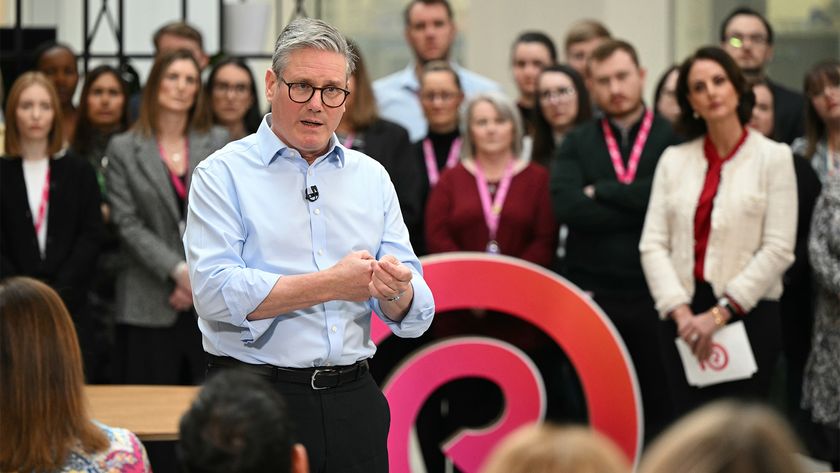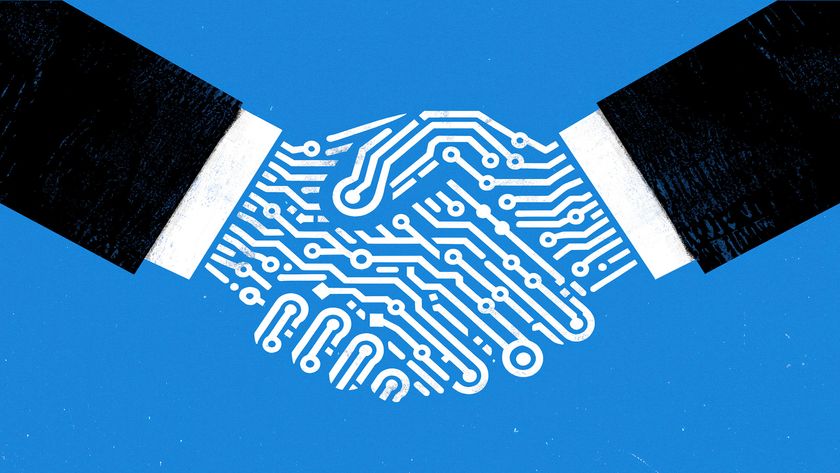Labour's digital review: The good and the bad
Why Labour's digital review is right about focusing on skills, and wrong about expanding the GDS
Digital skills
Labour is committed to improving the level of digital skills held by civil servants if it forms the next government.
To that end, the review called for digital secretaries of state in each and every department, leading their division's IT strategy.
TechUK welcomes the proposal, saying it must go hand in hand with digital inclusion.
Deputy CEO Walker adds: "The key to delivering digital government will be through a long-term commitment to improving commercial and technical skills within the civil service."
The review also argues for departments to commit to training staff.
"Some departments are recognising this - for example Department for Work and Pensions are building digital academies - but this needs to be a structured programme to attract, grow and retain skills across the public sector," it outlines.
Get the ITPro. daily newsletter
Sign up today and you will receive a free copy of our Focus Report 2025 - the leading guidance on AI, cybersecurity and other IT challenges as per 700+ senior executives
TechMarketView's O'Toole believes that as digital skills become more embedded within departments, the role of the Government Digital Service (GDS) the body pushing digital transformation in central government will diminish.
"GDS is more likely to serve as a leadership' function guiding departments as they transform," she believes.
Local government
One criticism often levelled at the Government is that it has not done enough to help the wider public sector go digital.
O'Toole says: "Local government has for too long sat on the edge of the Government's digital agenda."
However, she points out, it is where a large proportion of the interactions with citizens take place.
"Labour's review acknowledges that key innovations will need to come from local initiatives," she continues. "This has been acknowledged by the coalition government but no-one has before identified how to make that happen."
She welcomes the review's recommendation of establishing local digital factories' that encourage collaboration across councils to share best practice and help each other go digital.
The review also talks of expanding the GDS's role to encompass local government, estimating savings of more than 50 million, but Ovum's Pennell believes this could exacerbate the problem.
"The recommendation that GDS's remit be expanded outside of central government will not be welcome by local authorities," he contends.
"In place of this I think the best that could be hoped for would be some form of quasi-body that is tasked with spreading the work about innovate ways of delivering digital services."
Kable's Roberts adds that Whitehall has not so much neglected councils, as allowed them to make their own decisions over how they go digital.
"Departments didn't have a free choice to engage with GDS, and they haven't always enjoyed the experience," he points out.
Conclusion
A large part of Labour's digital strategy will have to focus on local government: it has been one of the Coalition's starker failings by most accounts, but also, successful local digital services will be a key route by which Labour can push its policy of digital inclusion.
Labour will not publish its strategy until next year, but with its warm welcome for this review, the party is expected to consider these recommendations seriously.
It is true that the Government's mess of frameworks needs fixing, as do the fraught relationships with large incumbents, and overlooked SMBs.
But the party, with its focus on devolving power to the people via digital inclusion, must carefully examine what it wants the role of the GDS to be if it does take office in Downing Street next year.
The body is the engine fuelling Whitehall's digital transformation, but that does not mean it can be the same for local government, which has a host of different considerations to central government.
Instead, with the rise of digital leaders in departments and a general improvement in the level of skills civil servants possess, it may in fact diminish in power.

















